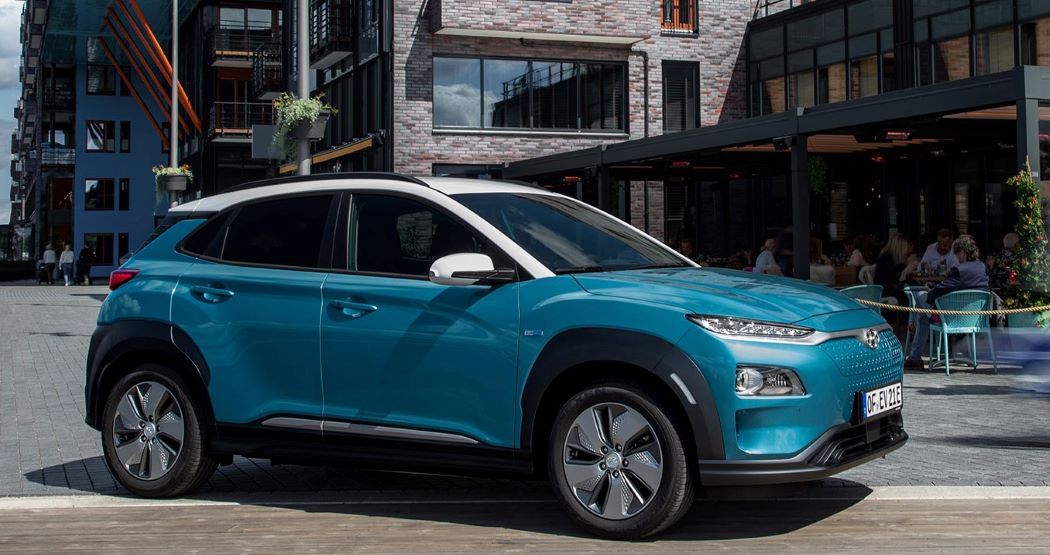Last week, the government announced it wanted to increase the number of electric cars in Denmark from the current 45,000 to 500,000 by 2030.
That seems to have helped whet Denmark’s appetite for a more sustainable mode of transportation – at least according to new figures from the car industry.
The figures showed that 2,340 new electric cars were sold in Denmark in September – the highest one-month figure in Danish history.
It also meant that every fifth new car purchased last month was either electric or a plug-in hybrid variant.
The previous one-month mark stood at 1,554 cars and was set back in December of 2015.
READ ALSO: More electric cars: higher costs for petrol and diesel-run vehicles – report
Politics is key
“The new record is a clear indicator that we stand in the midst of the green transition of cars in Denmark,” said Mads Rørvig, the head of car import advocacy group De Danske Bilimportører.
“The record is down to more attractive green cars hitting the market and the registration fee damper is keeping the chargeable cars competitive.”
Rørvig went on to contend that it was important for politicians to maintain the low fees for electric cars to maintain the green transition on the Danish roads.
The two electric cars that accounted for most sales in September were the Tesla Model 3 and the Volkswagen ID.3.















